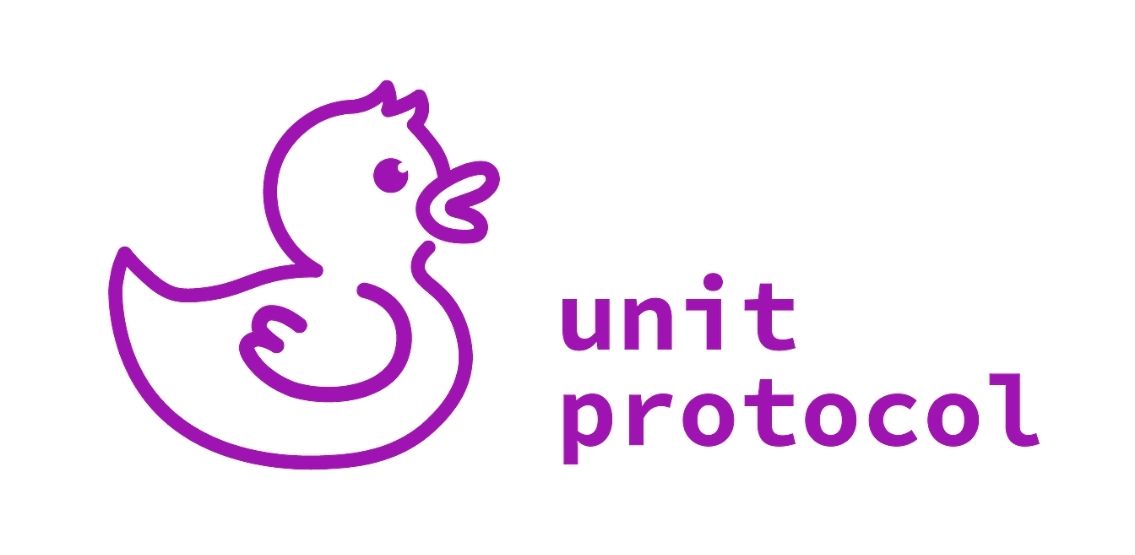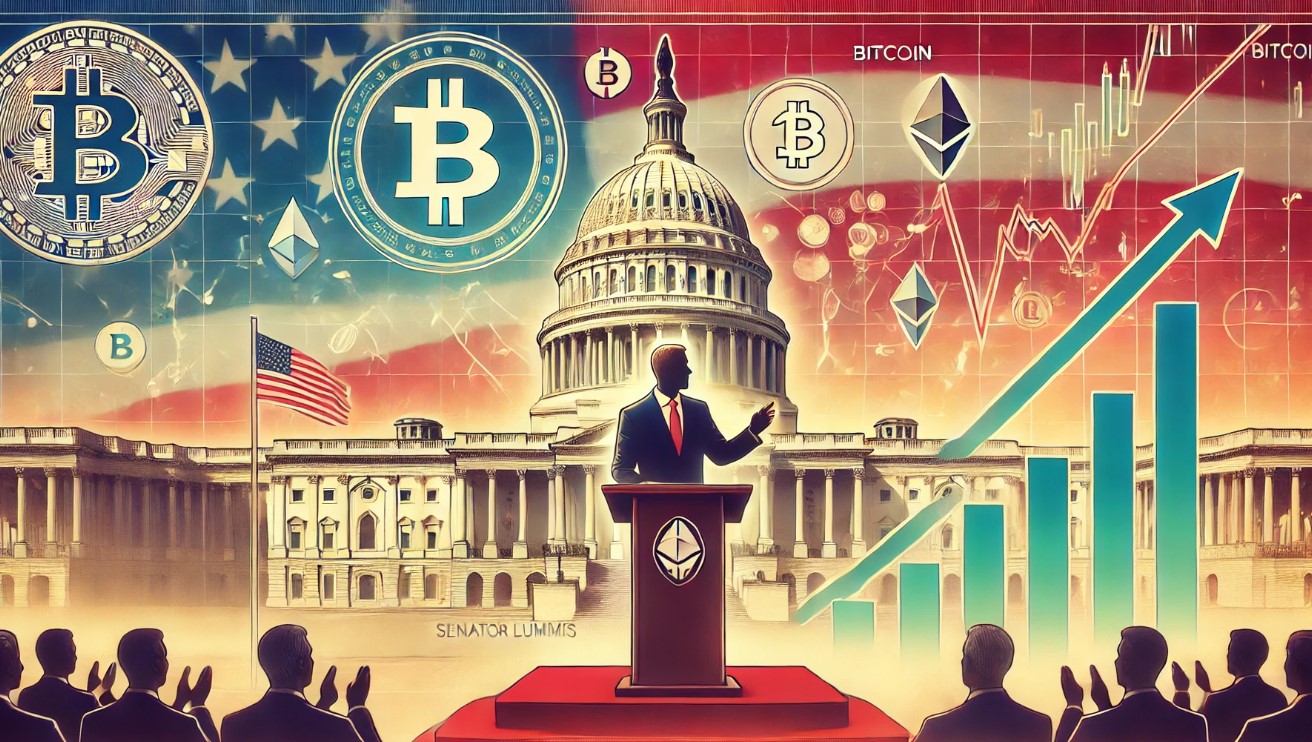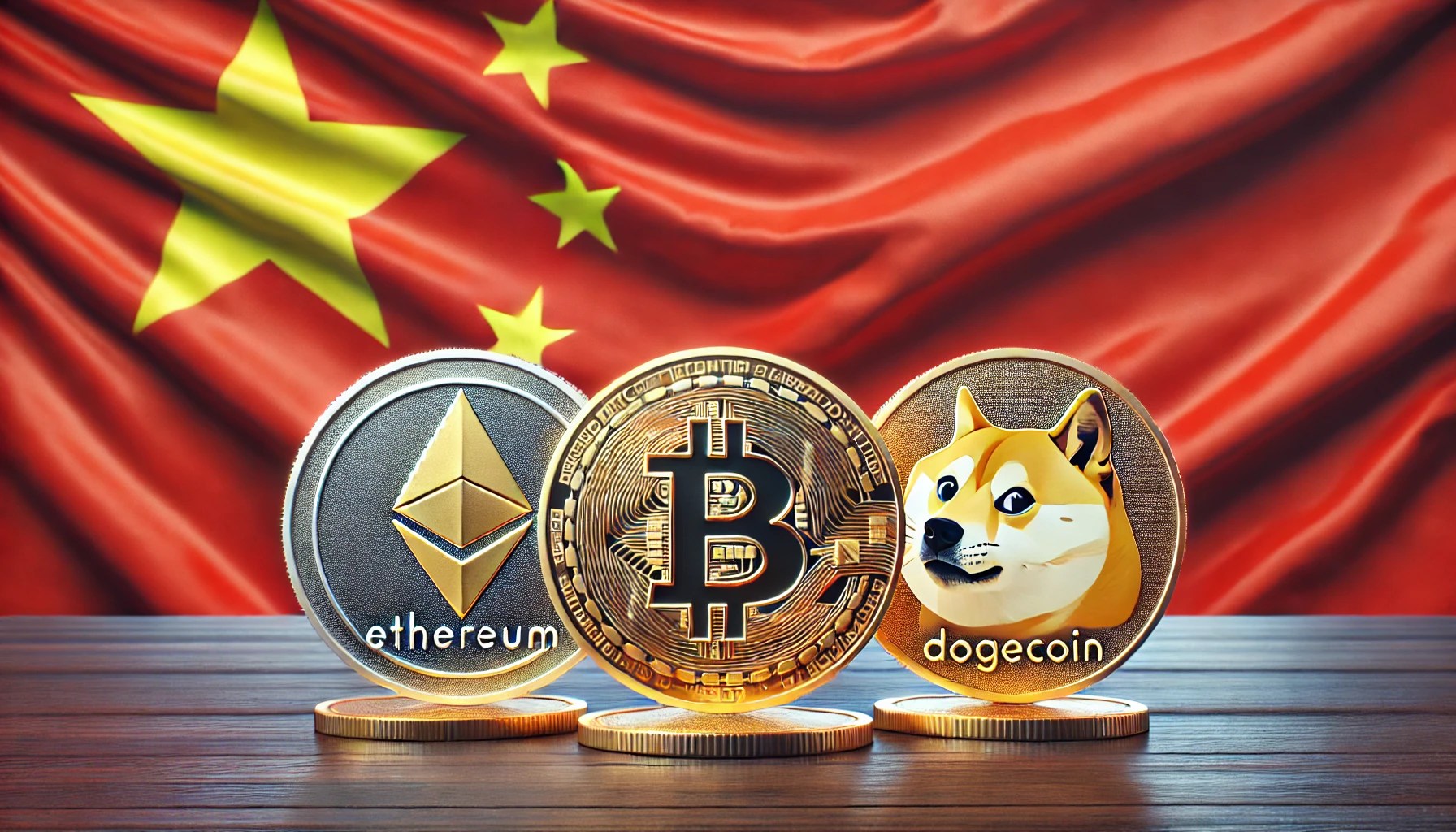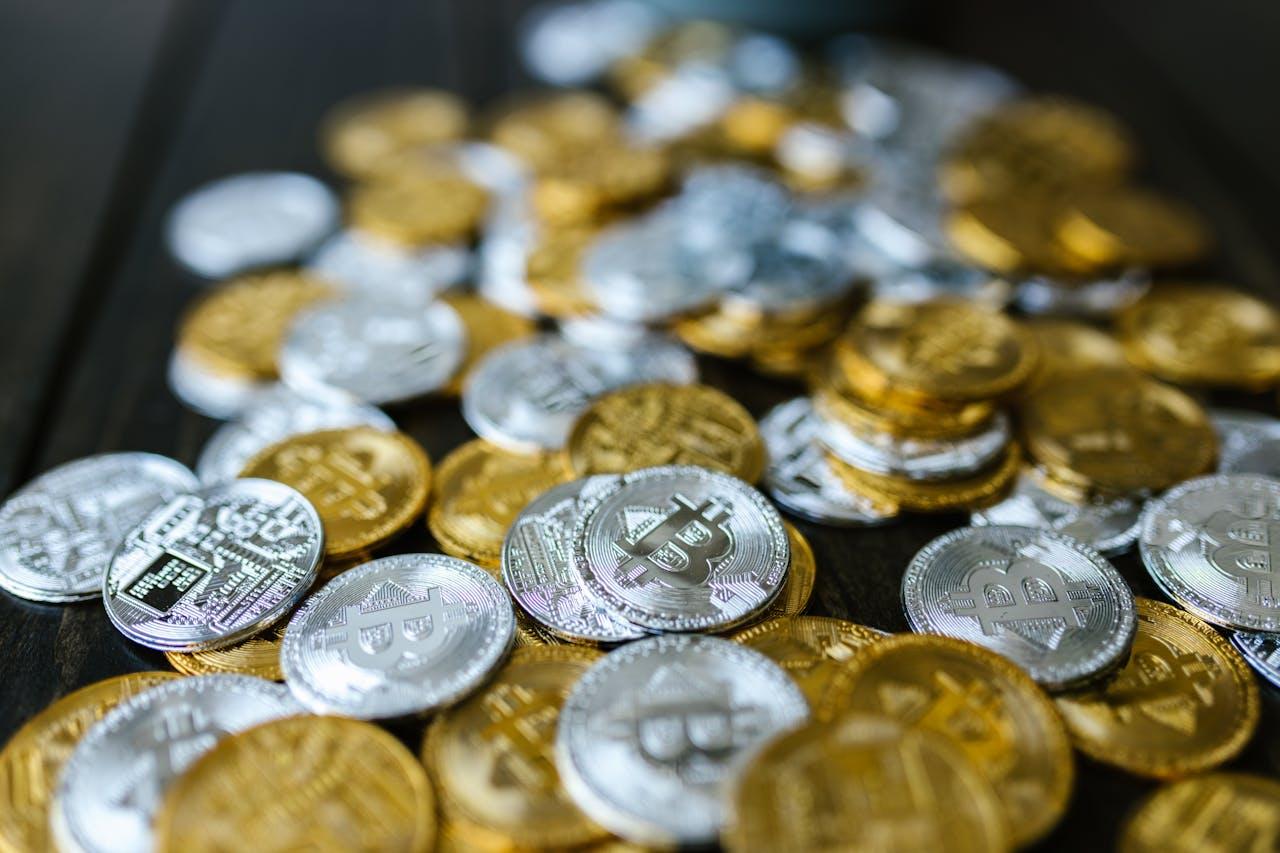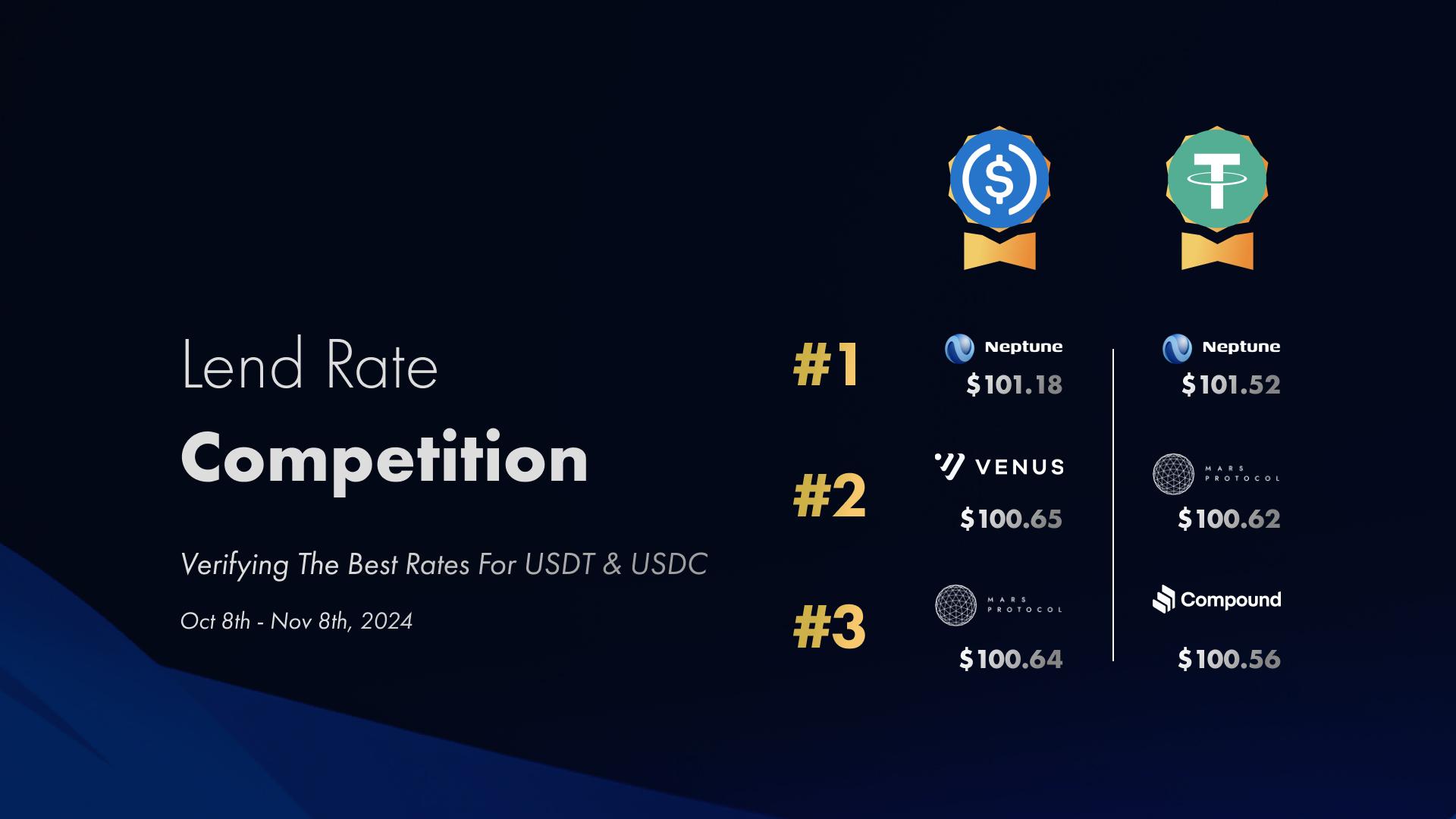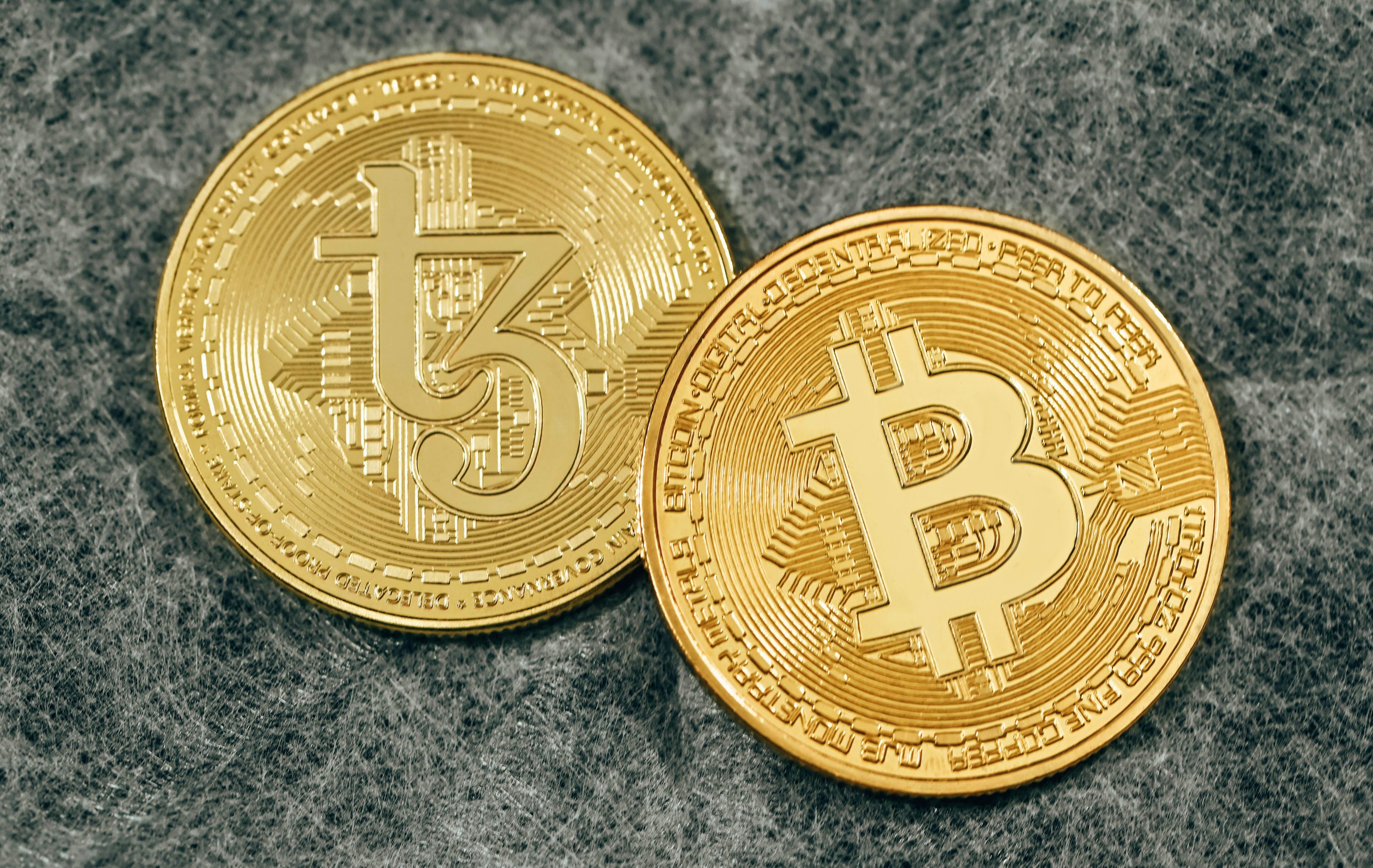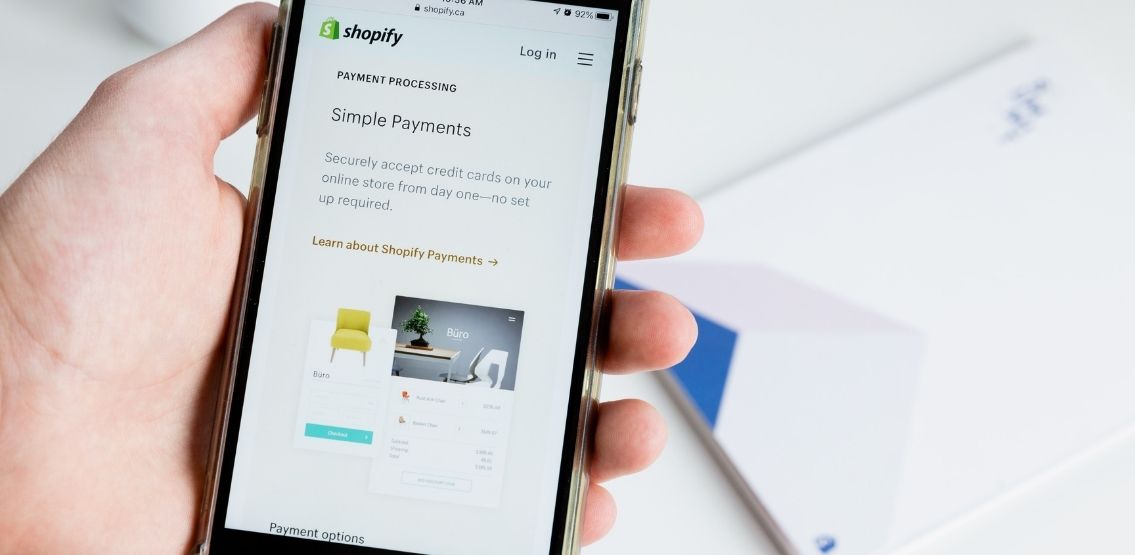Unit protocol has decided to remove Keep3r oracle as the primary oracle to receive their price data from. They announced the decision on Twitter, saying,
“Since Keep3r stopped updating the price feed regularly and is not functional at the level possible to use it as an oracle solution for Unit protocol, we decided to cut it entirely from the system.“
Keep3r was to provide a time-weighted Uniswap and Sushiswap price feed with a specific time.
Unit Protocol Switch Oracles To Chainlink
The team also announced that Unit protocol is working on an oracle upgrade. Hence the USDP borrowing limits will be temporarily set to 0 for all collaterals except for ETH as it takes its feed from Chainlink. The upgrade requires a few more days for completion.
During this time, users can close their CDP and repay the debt if they wish. However, this is not a necessary step to be taken as the funds are safe. Unit protocol will switch their oracles to Chainlink along with adding new collaterals from the Chainlink price feed. Regarding what the upgrade will bring to the protocol, the team stated,
“The upgrade will allow Unit protocol to be more robust and help to grow faster. Own oracle solution will allow adding more collaterals in the future without significant protocol expenses to quote it.“
What Are Blockchain Oracles?
Blockchain oracles (oracles) are third-party services that provide smart contracts with external information. Blockchain and smart contracts cannot access data outside the network, and oracles serve as a bridge to close this gap.
Oracles create a link between off-chain and on-chain data and thus broaden the scope of the smart contracts that use them. The oracle is not the data source but a layer that relays information that it has queried, verified, and authenticated from external data sources.
The data transmitted could be anything: the temperature measured by a sensor, information about prices, or a successful payment confirmation.
Unit Protocol Looking At Community To Expand User Base
Unit protocol is a decentralized borrowing protocol that allows using a variety of tokens as collateral. Their governance token $DUCK is the core token. Unit protocol collects stability fees and liquidation fees, which are then redirected into the $DUCK ecosystem. During the first year, 100% of the fees will go to the protocol ecosystem directly.
The governance pool will play a significant role in maintaining the stability of the ecosystem. $DUCK stakers will be incentivized to contribute to the protocol’s decision-making system, and token holders can stake their tokens to collect protocol fees.
The infrastructure is still a work-in-progress, and before it is operational, the allocated fees will be used to buy $DUCK and burn it. Future changes in fee distribution will depend on governance decisions. Unit protocol aims to eventually rely on community engagement to help expand its user base and grow faster.
Disclaimer: This article is provided for informational purposes only. It is not offered or intended to be used as legal, tax, investment, financial, or other advice.
Credit: Source link

